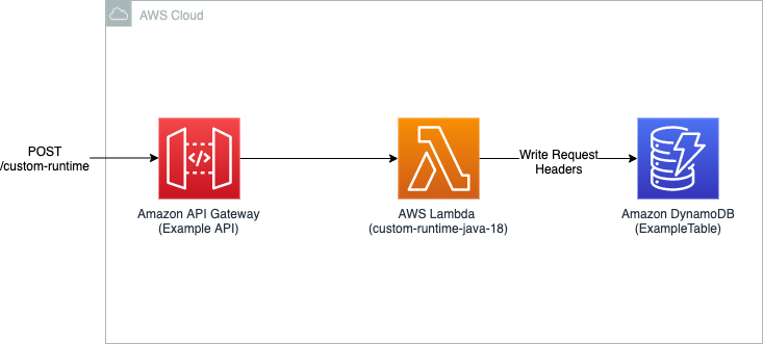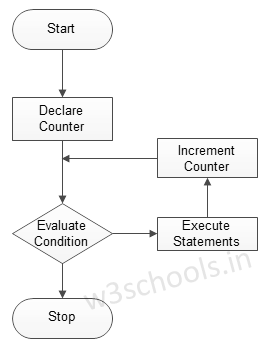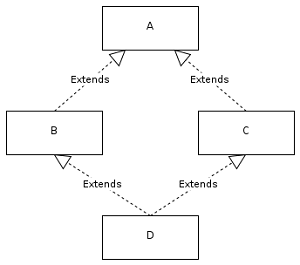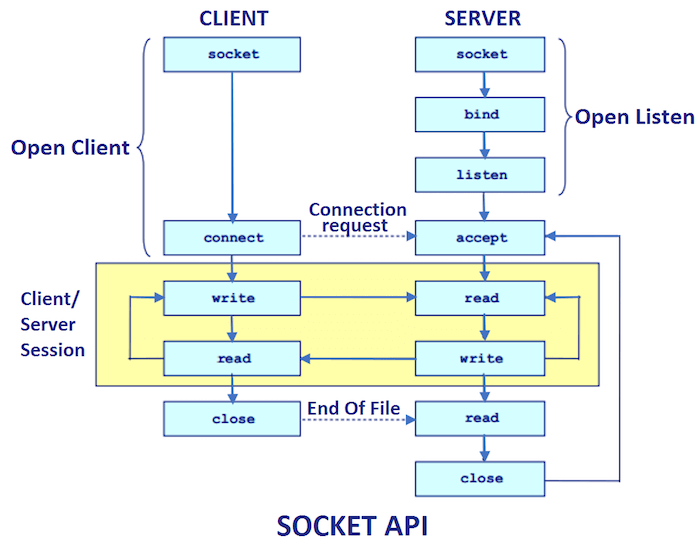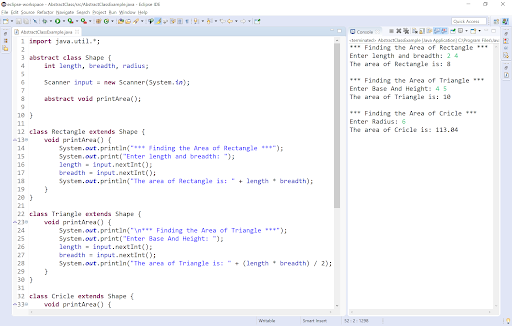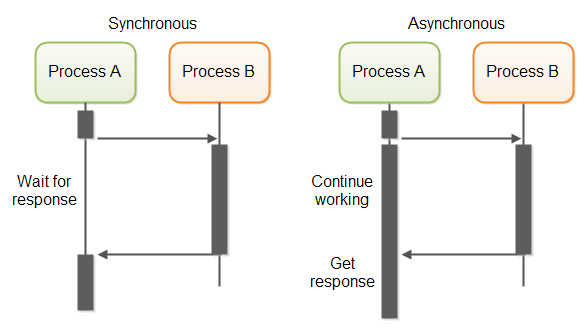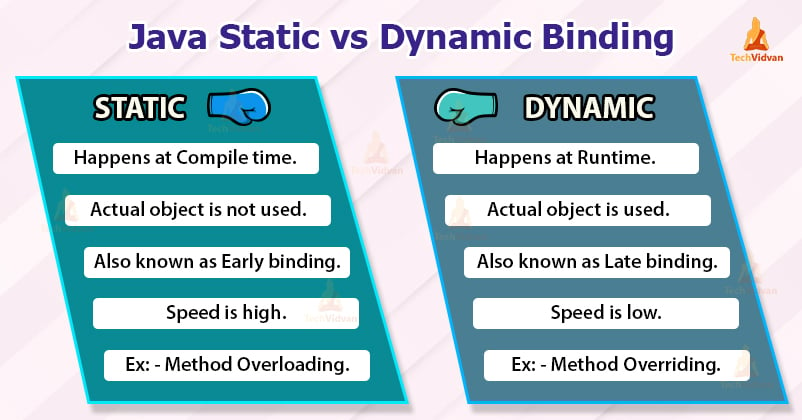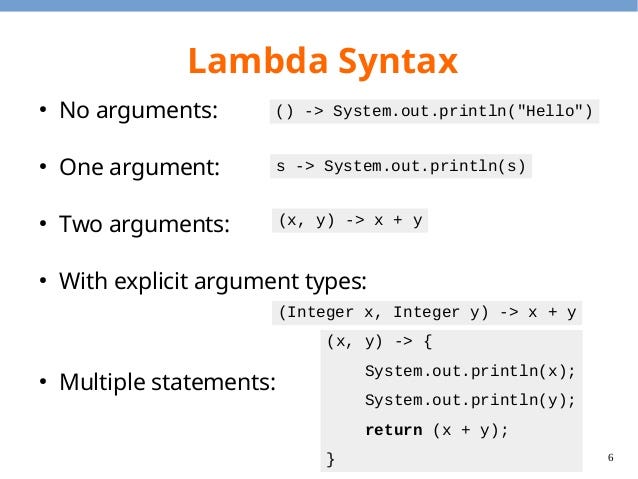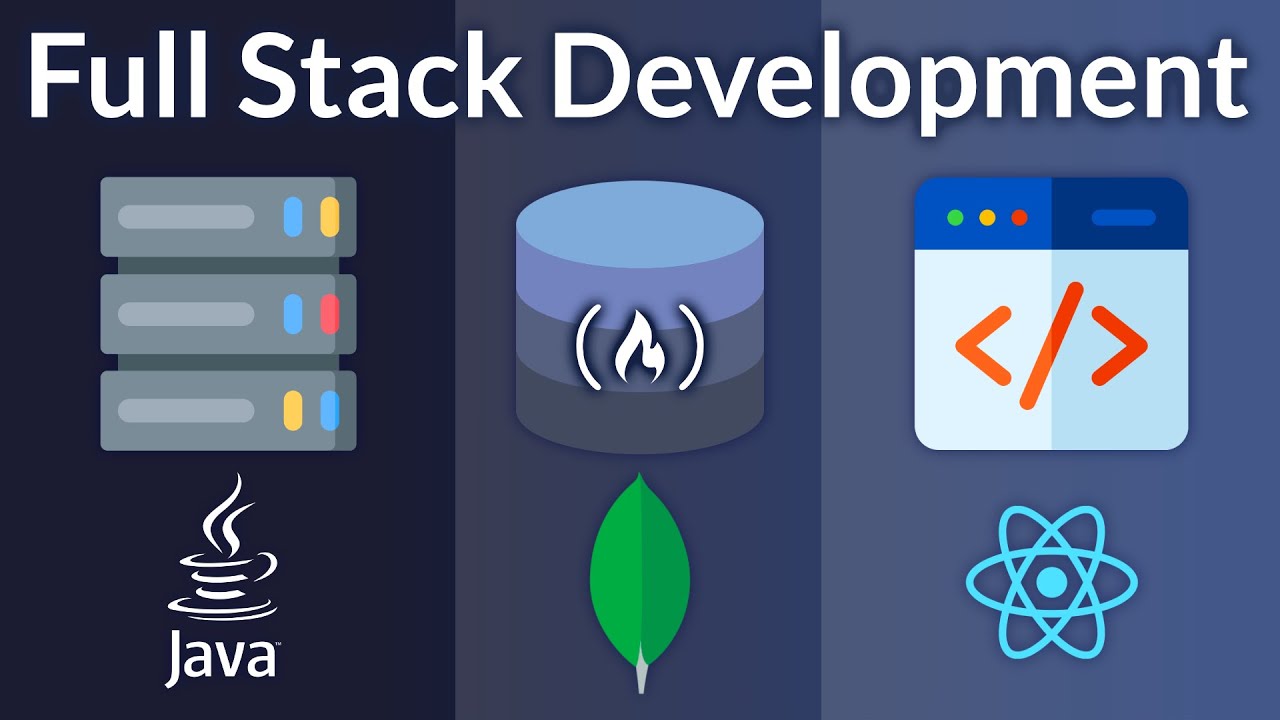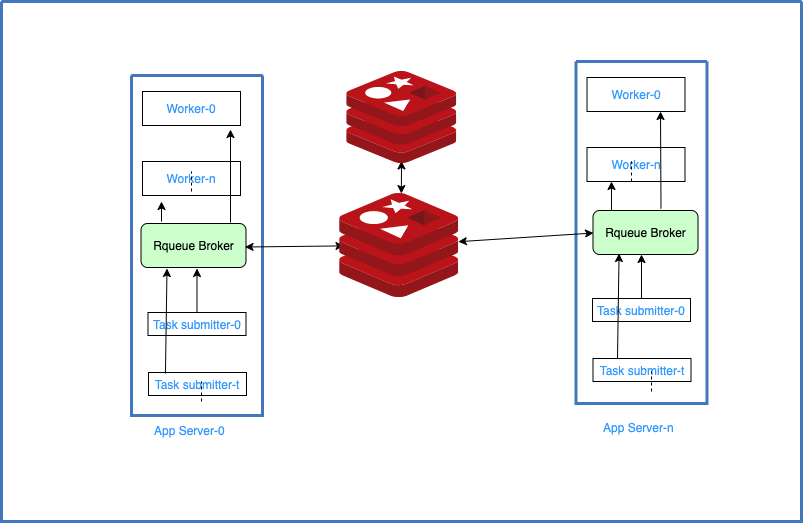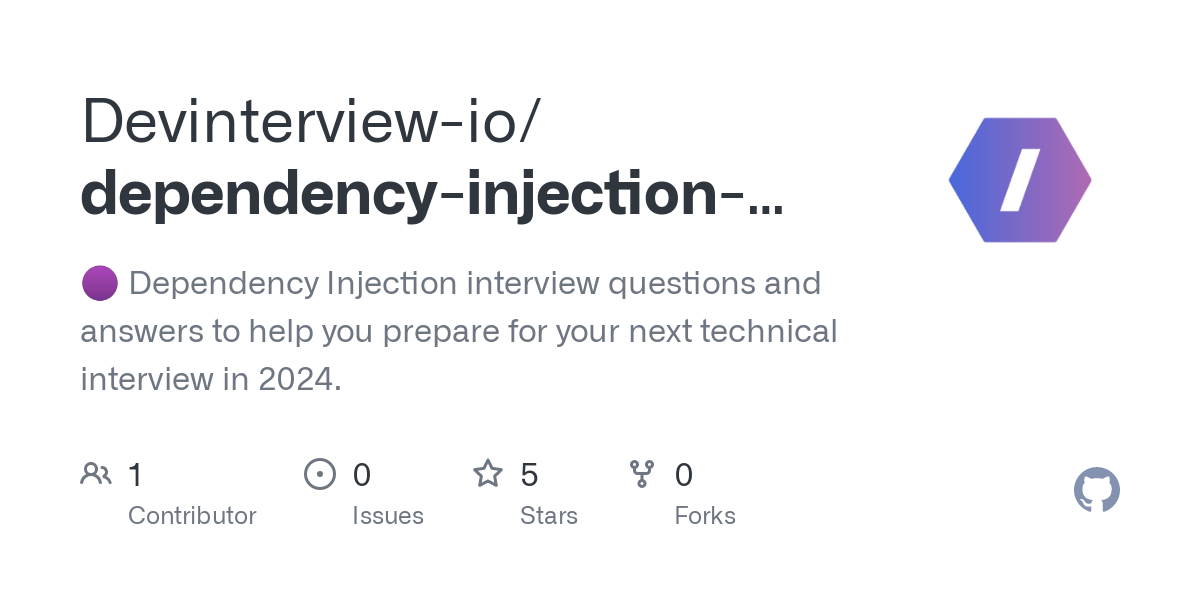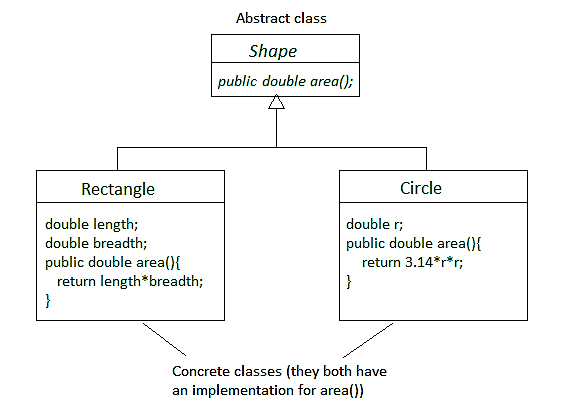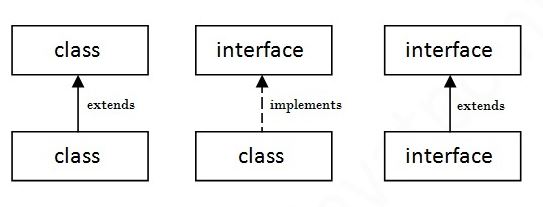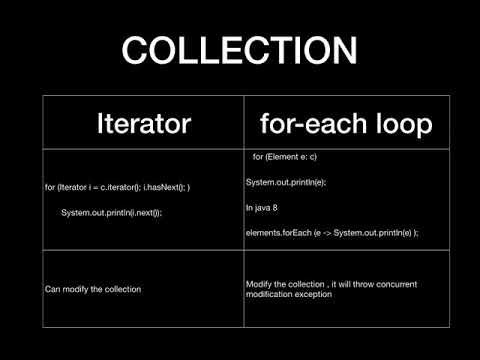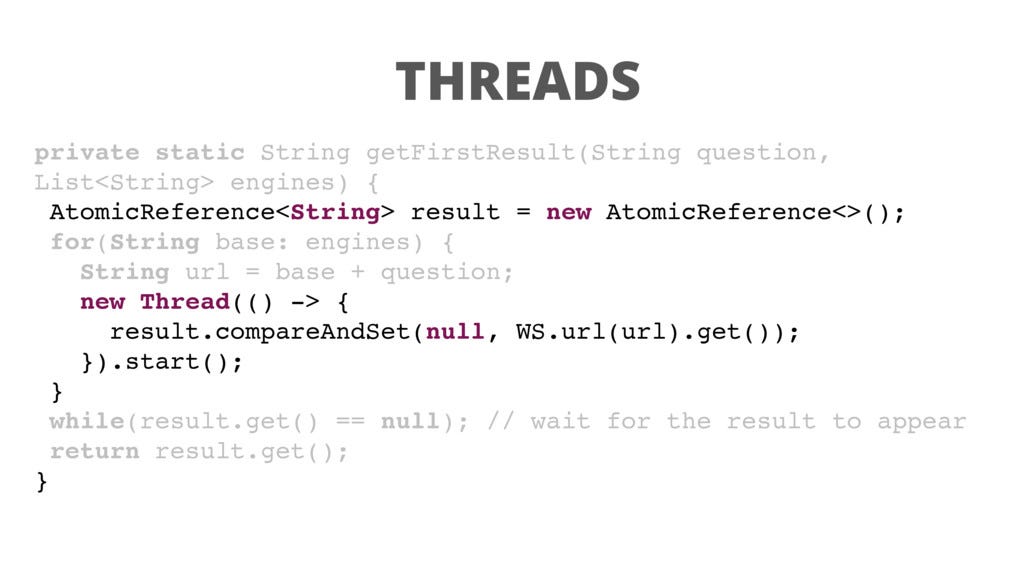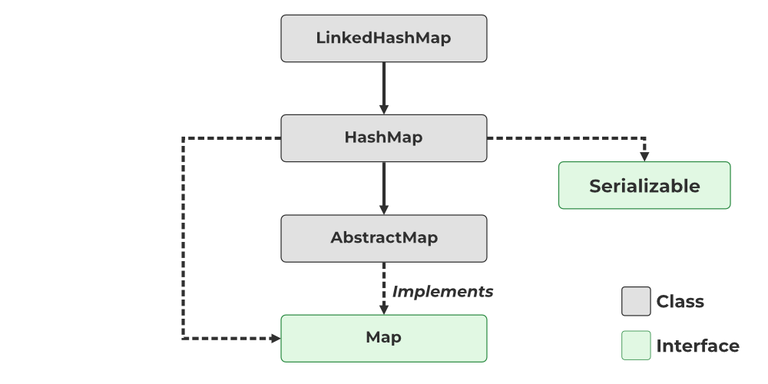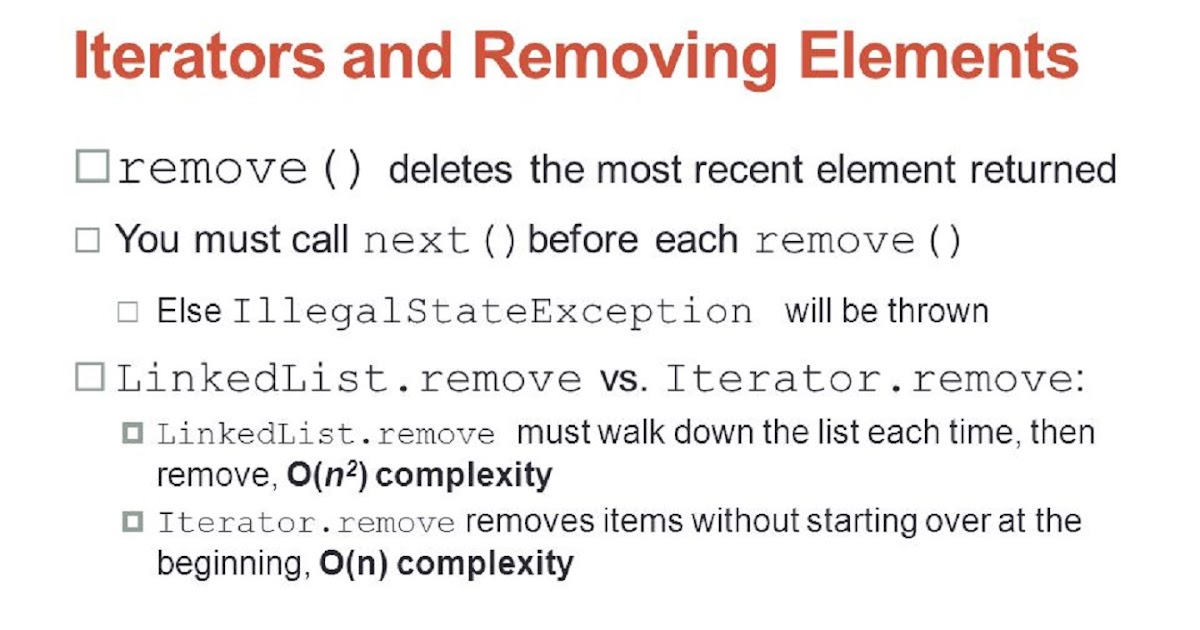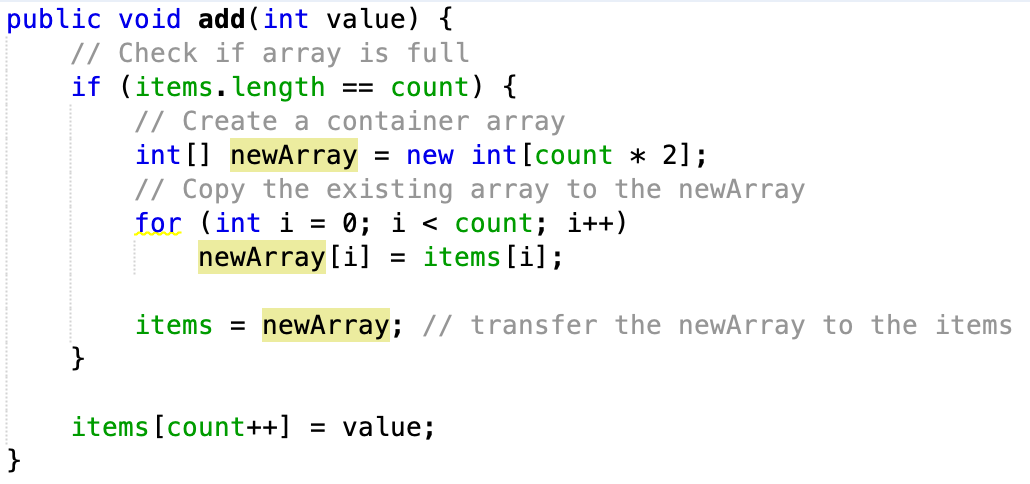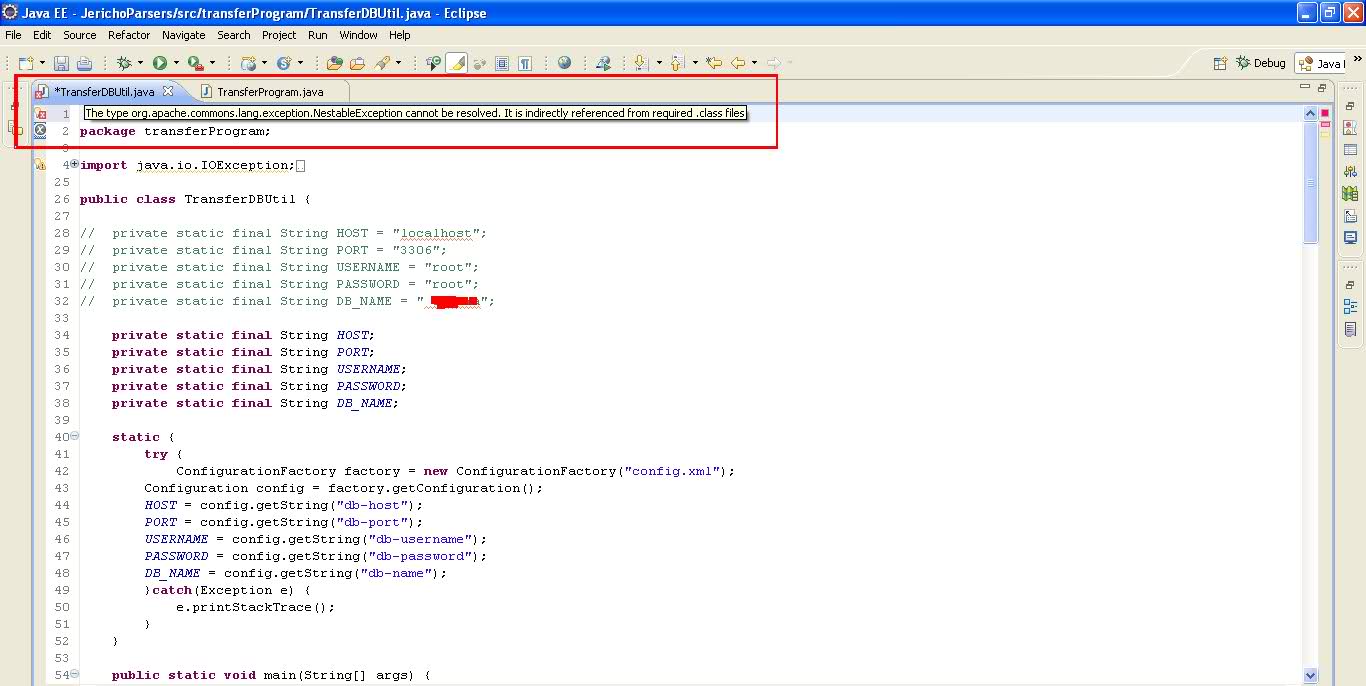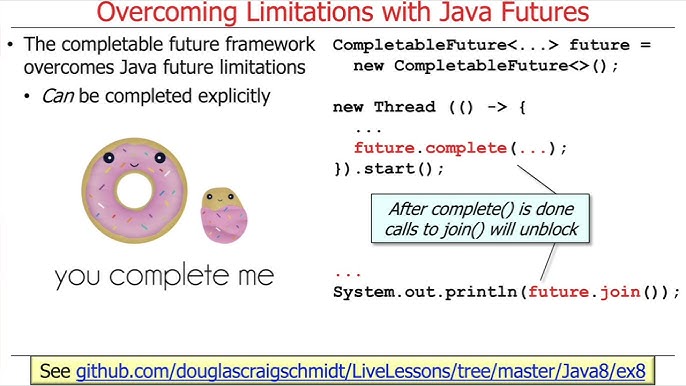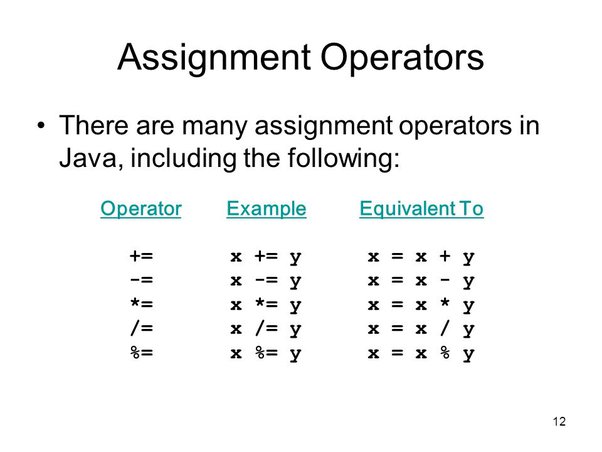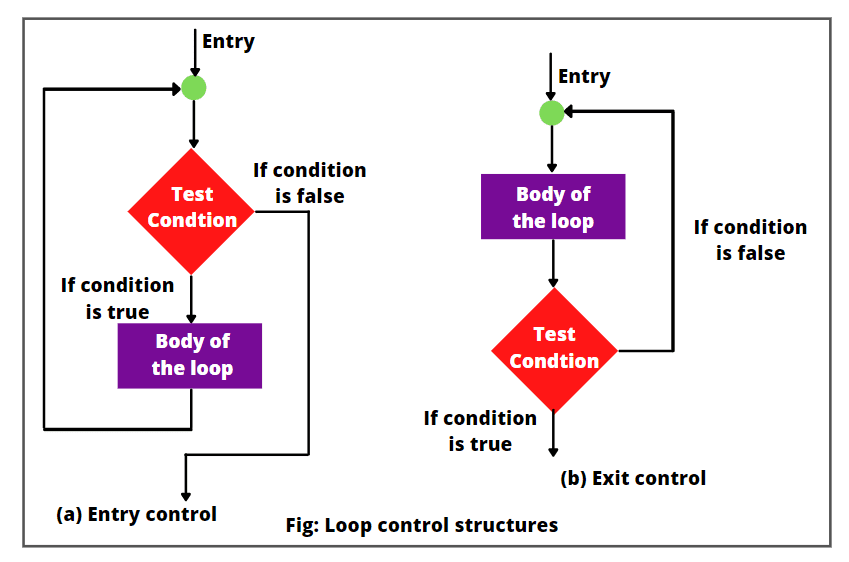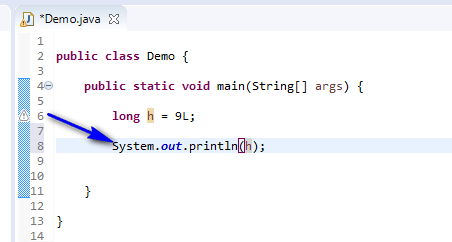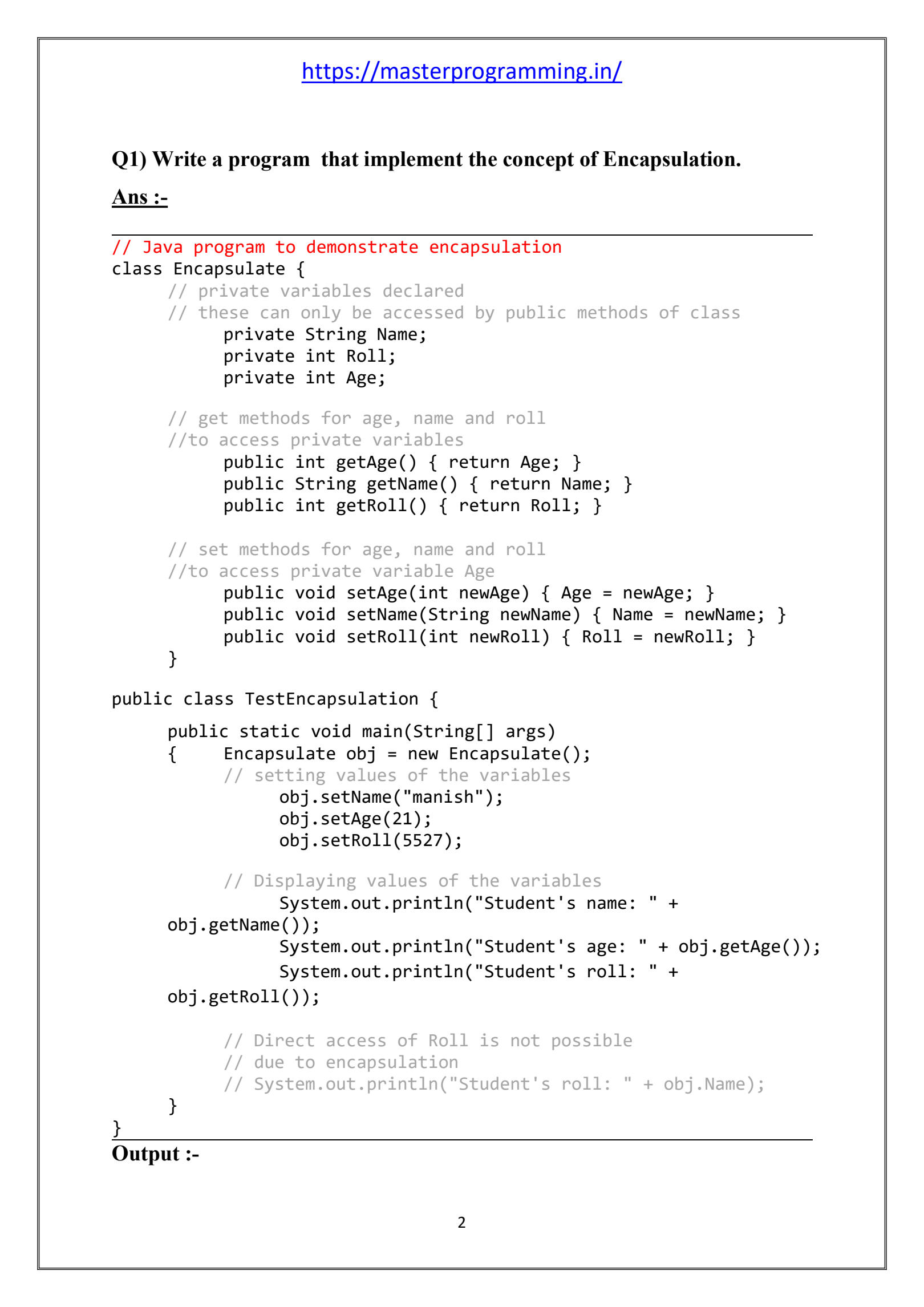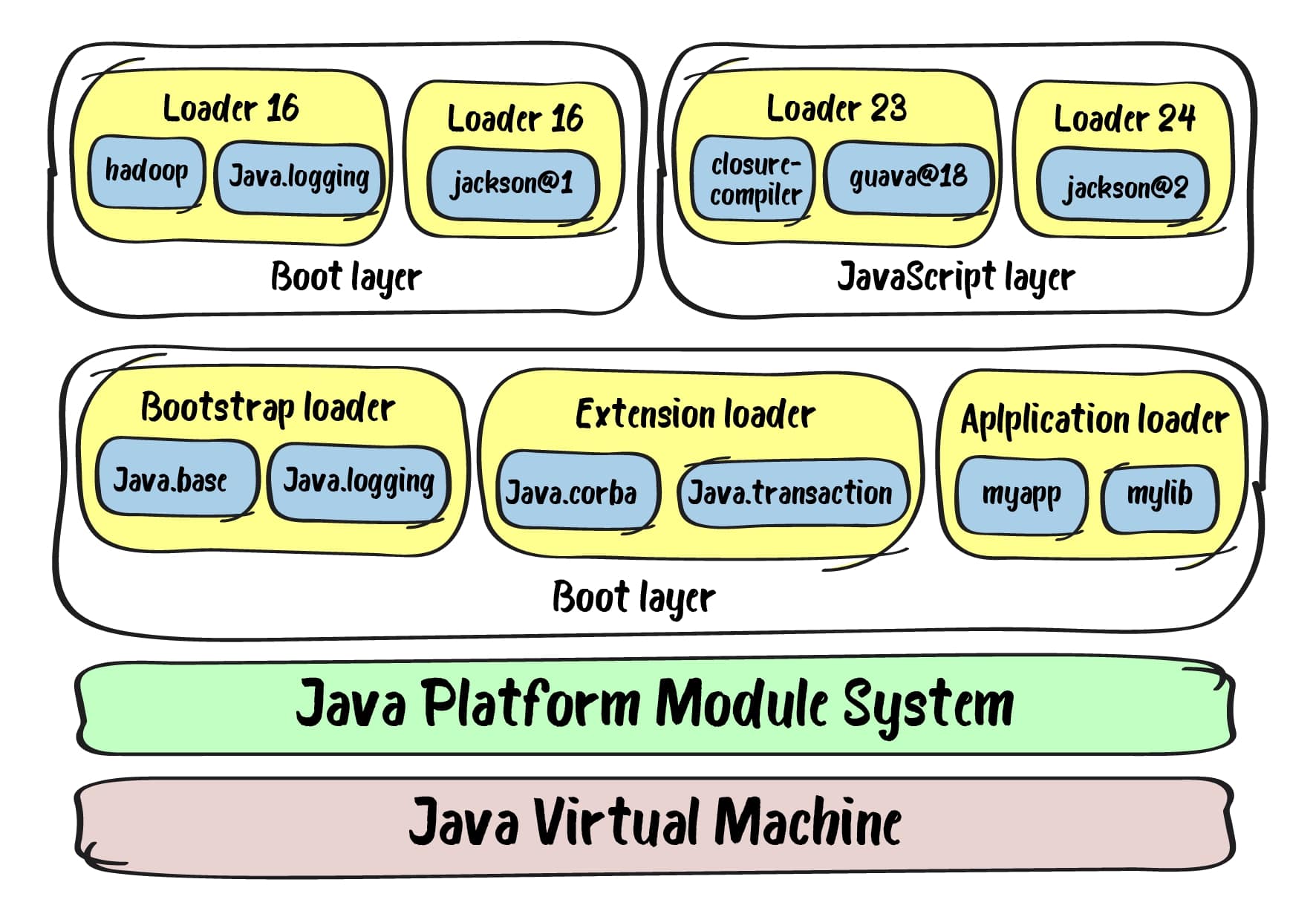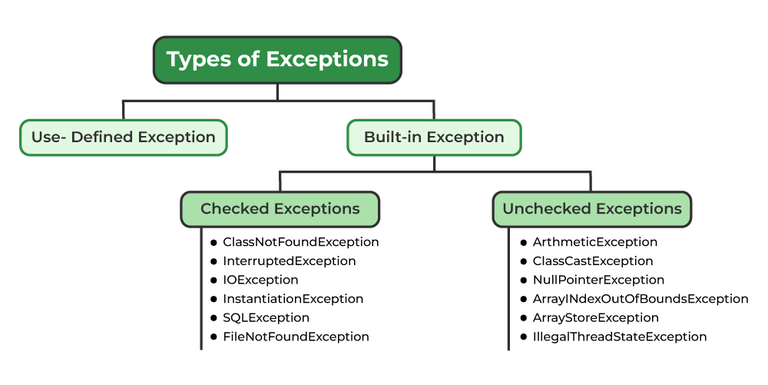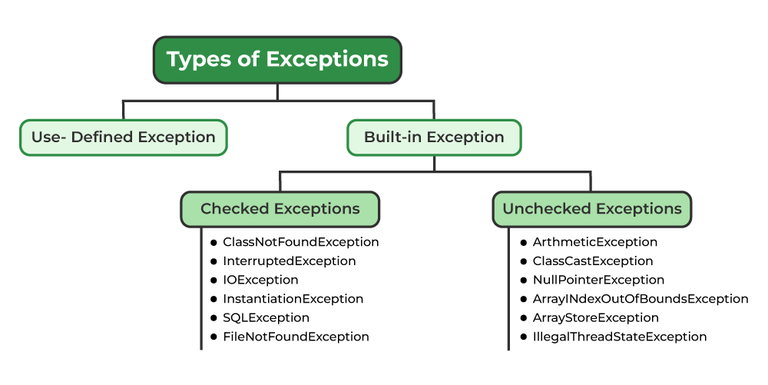What are the three functions of Java?
What are the three functions of Java?
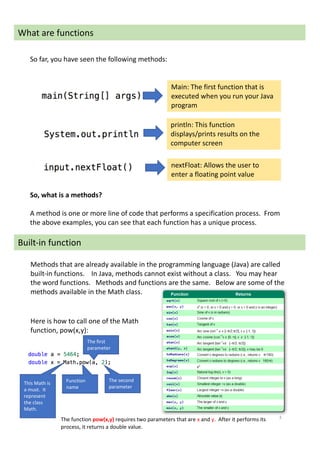
I'll respond in English for you.
Java is a popular programming language and platform that was created by Sun Microsystems (now owned by Oracle Corporation). It has several key features and functionalities that make it a versatile tool for developing a wide range of applications. Here are three primary functions of Java:
Platform Independence: One of the most significant advantages of Java is its ability to run on any platform, including Windows, macOS, Linux, Android, and even set-top boxes, without modification. This is achieved through the use of the Java Virtual Machine (JVM), which interprets and executes Java bytecode (.class files) at runtime. The JVM provides a layer of abstraction between the Java code and the underlying operating system, allowing Java programs to be deployed across different platforms with minimal modifications.Java's platform independence makes it an ideal choice for developing cross-platform applications that need to run on multiple devices or systems. For example, you can write a Java application that runs seamlessly on both Windows and macOS without needing to recompile or modify the code in any way.
Object-Oriented Programming: Java is an object-oriented language that supports key concepts such as encapsulation, inheritance, polymorphism, and abstraction. These features enable developers to create reusable code by defining classes and objects that can be combined and extended to build more complex programs. Java's object-oriented design makes it well-suited for developing large-scale applications with complex logic and data structures.In particular, Java's support for encapsulation (hiding implementation details) and inheritance (reusing code from a superclass) enables developers to create modular, maintainable code that can be easily extended or modified over time. This makes Java an excellent choice for building enterprise-level applications, such as financial systems, healthcare management platforms, and e-commerce websites.
Multithreading and Concurrency: Java provides built-in support for multithreading and concurrency, which allows developers to create programs that can run multiple tasks or threads simultaneously. This is particularly useful when developing applications that require fast processing of multiple requests or inputs, such as online gaming platforms, chatbots, or web crawlers.Java's threading model enables developers to create threads that can be scheduled, paused, resumed, or terminated independently, making it an excellent choice for building applications that require concurrent processing and efficient use of system resources. In addition, Java's support for concurrent programming enables developers to write programs that can take advantage of multi-core processors, improving overall performance and responsiveness.
In summary, Java's platform independence, object-oriented programming, and multithreading capabilities make it a versatile language suitable for building a wide range of applications, from web-based platforms and mobile apps to enterprise-level systems and embedded devices. Its flexibility, scalability, and maintainability have made Java a popular choice among developers for decades, and its continued evolution ensures it remains a vital tool in the programming toolkit.
What are the functions of java with examples
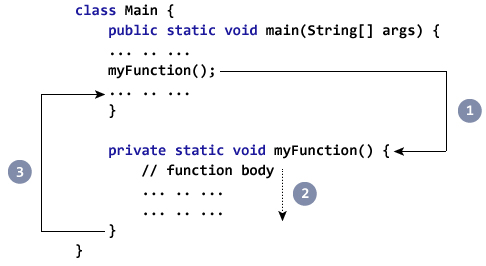
Java is a versatile and popular programming language that offers a wide range of features and functionalities to developers. Here are some of the key functions of Java, along with examples:
Platform Independence: Java allows you to write a single piece of code that can run on multiple platforms without modification. This is achieved through the concept of "Write Once, Run Anywhere." For example, you can develop an Android app using Java, and then run it on both Android and iOS devices.Example: Write a simple "Hello World" program in Java that can run on any platform:
public class HelloWorld {
public static void main(String[] args) {
System.out.println("Hello, World!");
}
}
Example: Define a simple "Person" class with attributes and methods:
public class Person {
private String name;
private int age;
public Person(String name, int age) {
this.name = name;
this.age = age;
}
public void introduce() {
System.out.println("Hello, my name is " + name + " and I am " + age + " years old.");
}
}
Example: Write a program that throws an exception when you divide by zero:
public class DivideByZero {
public static void main(String[] args) {
int dividend = 10;
int divisor = 0;
try {
int result = dividend / divisor; // Divide by zero!
} catch (ArithmeticException e) {
System.out.println("Error: Division by zero!");
}
}
}
Example: Write a simple program that creates two threads:
public class MultithreadedExample {
public static void main(String[] args) {
Thread thread1 = new MyThread("Thread 1");
Thread thread2 = new MyThread("Thread 2");
thread1.start();
thread2.start();
}
}
class MyThread extends Thread {
private String name;
public MyThread(String name) {
this.name = name;
}
public void run() {
System.out.println(name + " is running...");
}
}
Example: Write a simple program that establishes a TCP connection and sends a message:
import java.net.*;
import java.io.*;
public class NetworkExample {
public static void main(String[] args) throws IOException {
Socket socket = new Socket("www.example.com", 80);
PrintWriter out = new PrintWriter(socket.getOutputStream(), true);
out.println("GET / HTTP/1.0");
out.close();
socket.close();
}
}
Example: Write a simple program that encrypts and decrypts text using the AES algorithm:
import javax.crypto.Cipher;
import javax.crypto.KeyGenerator;
import javax.crypto.SecretKey;
import java.security.SecureRandom;
public class EncryptDecrypt {
public static void main(String[] args) throws Exception {
String plainText = "Hello, World!";
SecretKey secretKey = KeyGenerator.generateKey("AES", 128);
Cipher cipher = Cipher.getInstance("AES");
cipher.init(Cipher.ENCRYPT_MODE, secretKey);
byte[] encryptedBytes = cipher.doFinal(plainText.getBytes());
System.out.println("Encrypted: " + new String(encryptedBytes));
cipher.init(Cipher.DECRYPT_MODE, secretKey);
byte[] decryptedBytes = cipher.doFinal(encryptedBytes);
System.out.println("Decrypted: " + new String(decryptedBytes));
}
}
These are just a few examples of the many features and functionalities offered by Java. With its platform independence, OOP capabilities, exception handling mechanisms, multithreading support, networking capabilities, and security features, Java is an extremely versatile language that can be used for a wide range of applications, from mobile app development to web development and more.
